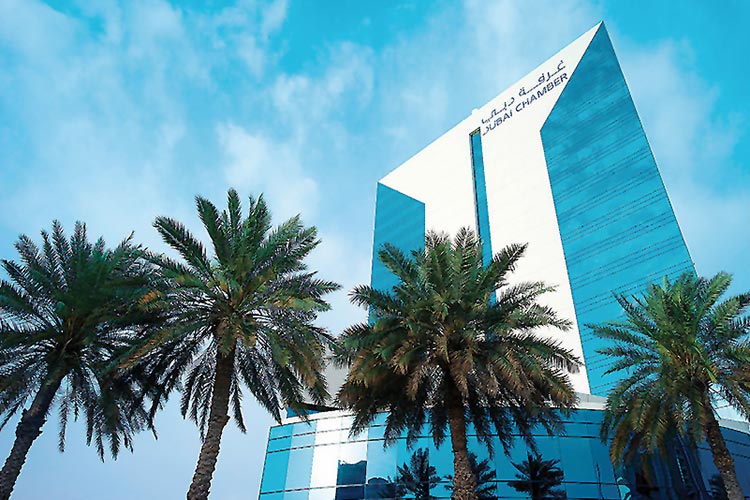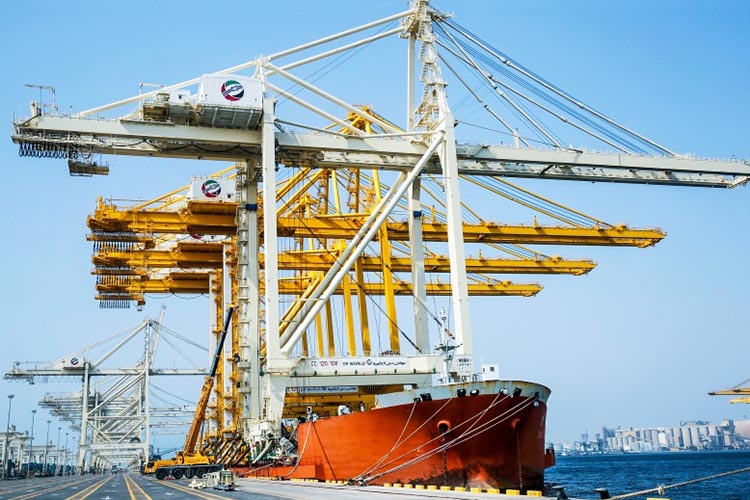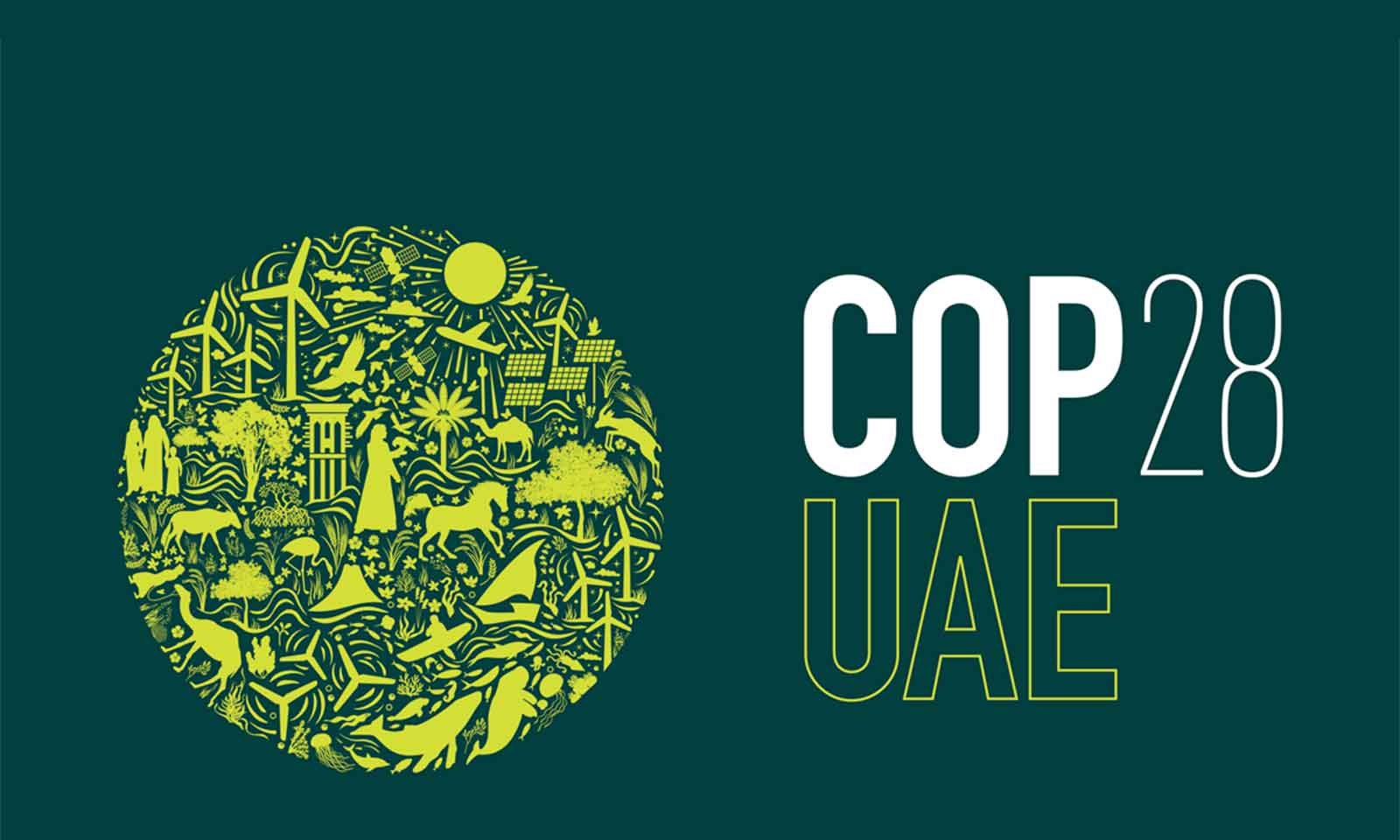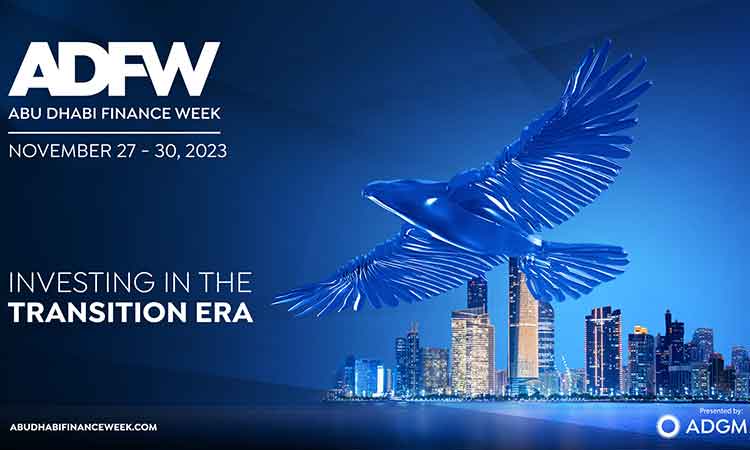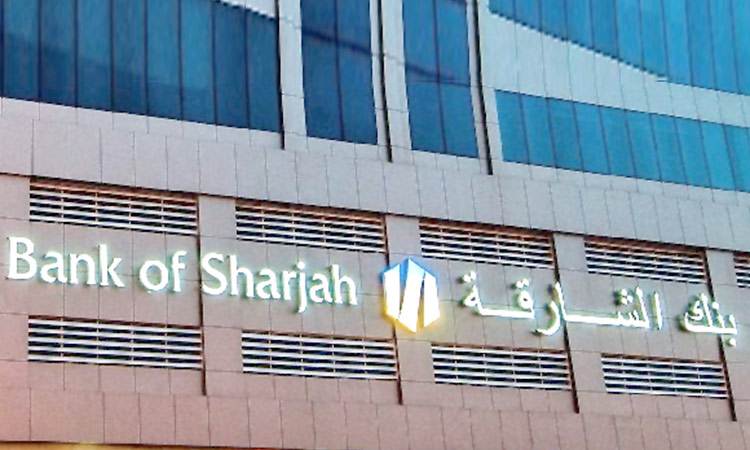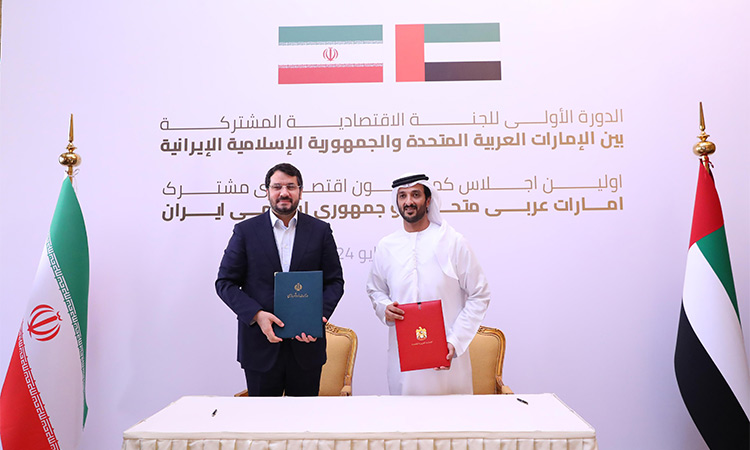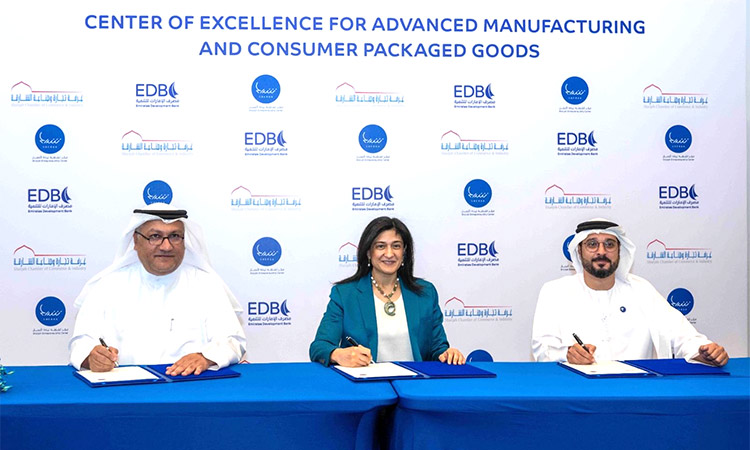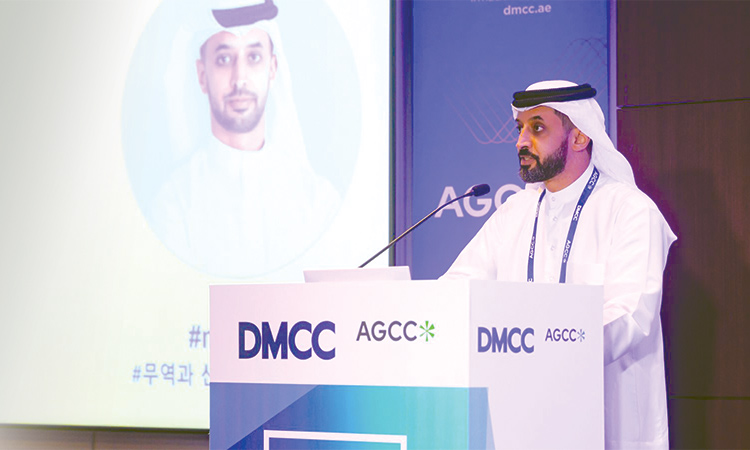Output and fresh businesses rise at quicker rates in the UAE
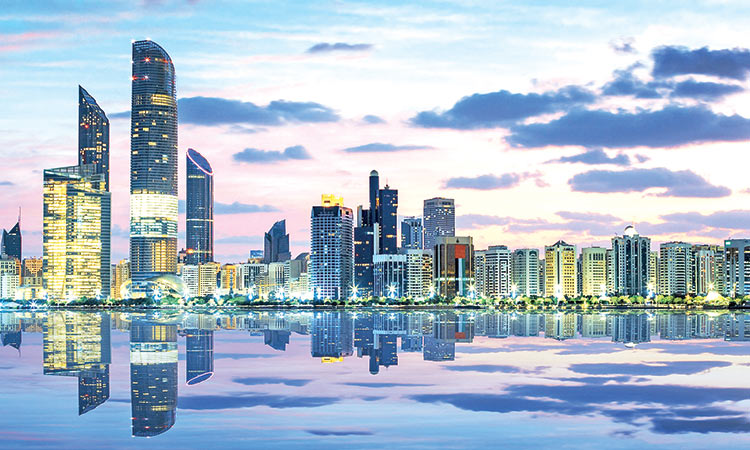
UAE businesses reported a robust expansion in output at the start of the third quarter.
Latest PMI survey data indicated the first expansion in the Dubai non-oil economy for five months in July. Output and new business both rose at quicker rates last month.
Improved business conditions were largely driven by a solid increase in new work received by Dubai companies in July. According to the survey panel, consumer demand continued to pick up as lockdown restrictions were loosened further.
The headline IHS Markit Dubai Purchasing Managers’ Index is derived from individual diffusion indices which measure changes in output, new orders, employment, suppliers’ delivery times and stocks of purchased goods.
The survey covers the Dubai non-oil private sector economy, with additional sector data published for travel & tourism, wholesale & retail and construction.
The seasonally adjusted IHS Markit Dubai Purchasing Managers’ Index (PMI) posted above the 50.0 neutral mark for the first time in five months during July. At 51.7, the index was up from 50.0 in June, and pointed to modest growth in the Dubai non-oil private sector economy.
In particular, firms found that the reopening of tourist destinations and the resumption of international flights helped to generate additional sales.
Subsequently, Dubai businesses reported a robust expansion in output at the start of the third quarter, with the rate of growth quicker than that seen in June and the best recorded in 2020 so far.
Firms mentioned that they had received new projects and increased their marketing activity.
The uplift in business activity was broad-based across the monitored sectors, led by construction and wholesale & retail.
Travel & tourism lagged behind in terms of output growth, but nonetheless recorded the first rise in activity since February amid government efforts to restart tourism.
Less positively for the Dubai non-oil sector, July survey data signalled a fifth successive fall in employment. Job losses eased back from June but were still solid overall.
Despite the upturn in sales, many firms commented on efforts to lower total costs in order to relieve pressure on margins, while others cited that cash flow was too weak to maintain current workforce numbers.
Spending was partly diverted to increased purchasing in the latest survey period, as Dubai firms signalled that stocks of inputs rose at the strongest rate since December 2019. This was largely to ensure that firms had sufficient inventories to meet rising new orders, after having depleted stocks during the pandemic. At the same time, output charges were reduced for the twenty-seventh successive month in July, and at the fastest pace in the year-to-date.
Commenting on the latest survey results, David Owen, Economist at IHS Markit, said: “July PMI data for the Dubai non-oil private sector signalled the start of a post-COVID-19 recovery. The headline reading of 51.7 pointed to the first month of improvement since February, driven by stronger expansions of activity and new work.
“Companies responded by raising purchases solidly and at the fastest rate in seven months. However, this came at a cost to cash flow. With margins tight and sales still at relatively weak levels, firms continued to shed jobs in order to cut back on staffing costs. The rate of reduction did slow from June though.”
“Despite the non-oil economy gaining traction, businesses optimism of a rise in activity in the next 12 months weakened in July. According to firms, uncertainty around the length of a recovery from the COVID-19 crisis is growing. Many businesses still expect to recover output by summer 2021, however disparity on this appeared to widen.”
Firms were generally hopeful of a recovery in output over the coming year. However, some companies predicted that it would take longer than previously thought to recover from the COVID-19 pandemic. The IHS Markit Dubai PMI is compiled by IHS Markit from responses to questionnaires sent to purchasing managers in a panel of around 600 private sector companies. The panel is stratified by detailed sector and company workforce size, based on contributions to GDP.
The sectors covered by the survey include manufacturing, construction, wholesale, retail and services.
Survey responses are collected in the second half of each month and indicate the direction of change compared to the previous month. A diffusion index is calculated for each survey variable.
The index is the sum of the percentage of ‘higher’ responses and half the percentage of ‘unchanged’ responses.
The indices vary between 0 and 100, with a reading above 50 indicating an overall increase compared to the previous month, and below 50 an overall decrease. The indices are then seasonally adjusted.
The PMI is a weighted average of the following five indices: New Orders (30 per cent), Output (25 per cent), Employment (20 per cent), Suppliers’ Delivery Times (15 per cent) and Stocks of Purchases (10 per cent).
For the PMI calculation the Suppliers’ Delivery Times Index is inverted so that it moves in a comparable direction to the other indices. Underlying survey data are not revised after publication, but seasonal adjustment factors may be revised from time to time as appropriate which will affect the seasonally adjusted data series.
